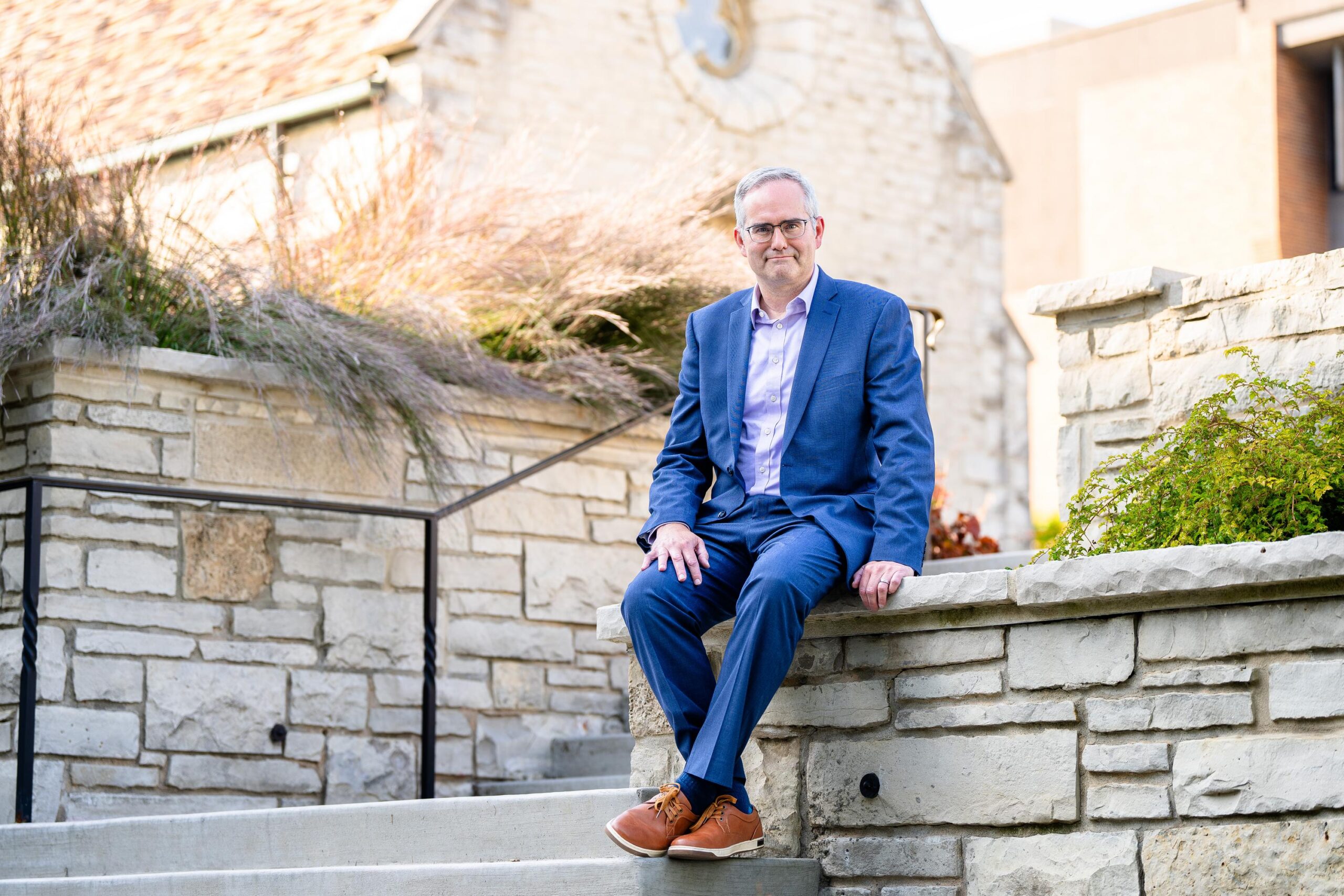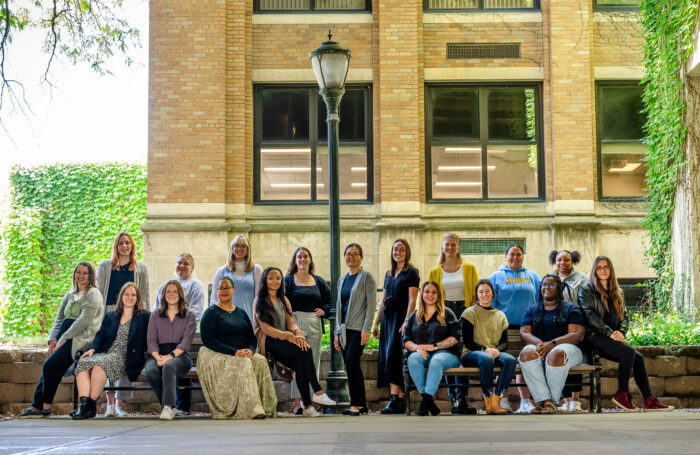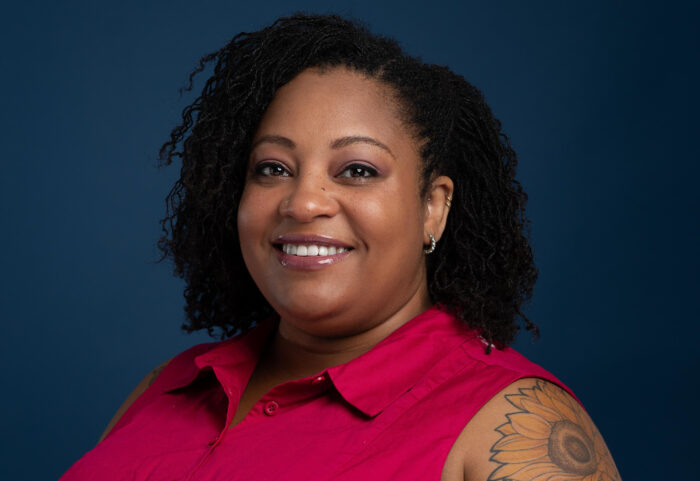Dr. Eric Dimmitt had called Cardinal Stritch University his work home for nine years when the private school announced on April 10 that it was shuttering its campus. For the last three years he was associate dean of the Kellner College of Education, Literacy and Leadership. Dimmitt, like hundreds of employees and nearly 1,200 students, quickly found his future uncertain.
“Like most everyone affected, I found myself working through feelings and thoughts similar to the grieving process following the announcement,” Dimmitt says.
Dimmitt wasted no time, and within a few months he accepted a position at Marquette University as clinical associate professor in the College of Education. His main role will be supporting Cardinal Stritch students in completing their dissertations at Marquette and helping reinstate Marquette’s superintendent certificate program to meet the high demand for preparing district leaders.
“Marquette developed an effective transfer agreement for Cardinal Stritch students at the undergraduate and graduate level,” Dimmitt says. “The doctoral students were especially impacted due to the nature of research and the doctoral coursework. Ultimately, Marquette has built a bridge for Stritch Wolves to become Marquette Golden Eagles.”
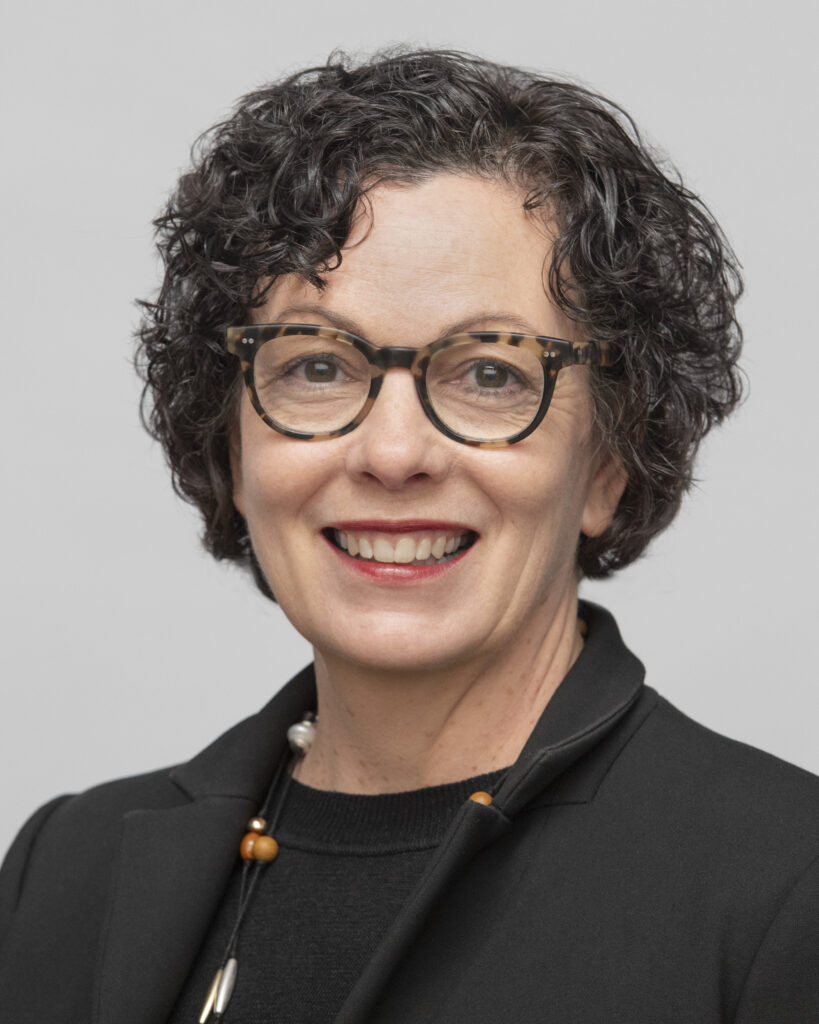
Dr. Leigh van den Kieboom, associate dean of the College of Education, says the decision to support Cardinal Stritch students was automatic and aligns with Marquette’s commitment to prepare future educators.
“To date, we have admitted 27 transfer students from Cardinal Stritch who will complete their dissertation under the guidance of Dr. Dimmitt,” van den Kieboom says. “There are already some Cardinal Stritch graduate students who are already taking classes this summer, and we have a plan in place that supports those students in obtaining their goal of earning a Ph.D. from Marquette University.”
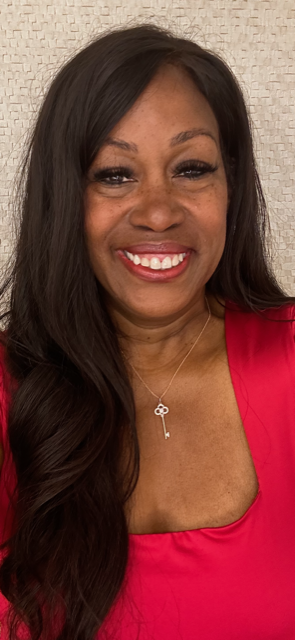
Robin Gates is one of those transfer students.
“My initial reaction was shock and disappointment. I honestly thought it couldn’t be real. It was only when I sent a message to those in my cohort that we realized it was true,” Gates says. “When we checked our emails, we found a video message from the president of Cardinal Stritch sharing the sad news.”
An MSOE nursing faculty member, Gates will start at Marquette this fall as a second-year doctoral student in the Educational Policy and Leadership Program.
Filling an educational need
The Cardinal Stritch’s closure opened an opportunity to reinstate Marquette’s superintendent certificate program, which was on hold for about a decade due to limited staffing. Cardinal Stritch had previously provided one of the few programs in the area that prepared future district leaders and endorsed them for licensure.
Burmeister will serve as a program coordinator, which includes advising all students in the superintendent certificate program. She will work closely with Dimmitt on program design and delivery to ensure they are meeting students’ needs, while also preparing them to experience success and effectiveness as future superintendents.
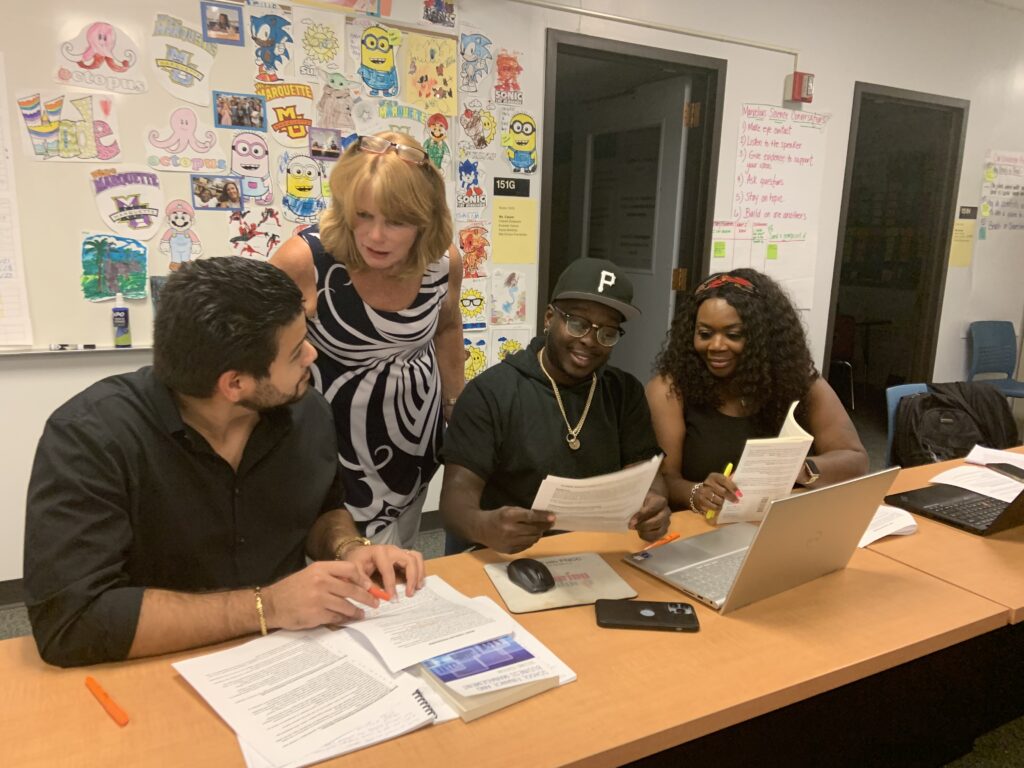
“There’s a high demand right now for superintendents, in addition to teachers, principals and other educational leaders,” says Dr. Sara Burmeister, clinical assistant professor of education policy and leadership in the College of Education at Marquette. “More importantly, there is a significant need for well-prepared, highly effective superintendents who have a strong understanding of all aspects of school district operations, including curriculum and instruction, program planning and evaluation, human resources, finance, facility management, and community relationships.”
As for Dimmitt, he will be assisting many of the students he worked with at Cardinal Stritch.
“One of my primary roles is supporting doctoral students who have transferred from Stritch to complete their dissertations. I know my role will greatly benefit both the students from Stritch who transfer to Marquette and new students I teach and advise in the future,” Dimmitt says.
Although this is a transition for Dimmitt, Gates and other Cardinal Stritch students, it’s also a chance to reflect and focus on the future.
“The students I have spoken to are so appreciative of the opportunity to join the Marquette community,” Dimmitt says. “And while I understand there will be some bumps along the road, I know the shared values and culture of Marquette and Stritch will make it easier when new experiences seem a bit different from past experiences.”
Knowing that someone like Dimmitt, who’s also experiencing the same transition from the Franciscan liberal arts college, brings students some assurance for a seamless changeover.
“When Marquette hired Dr. Dimmitt, it gave me and many of my peers’ confidence that Marquette was vested in transitioning us from Cardinal Stritch University to Marquette University,” Gates says. “Dr. Dimmitt is well respected among the students, and having someone who knew the programs and curriculum we were in, is helpful as we learn the expectations of Marquette in completing our degree.”

